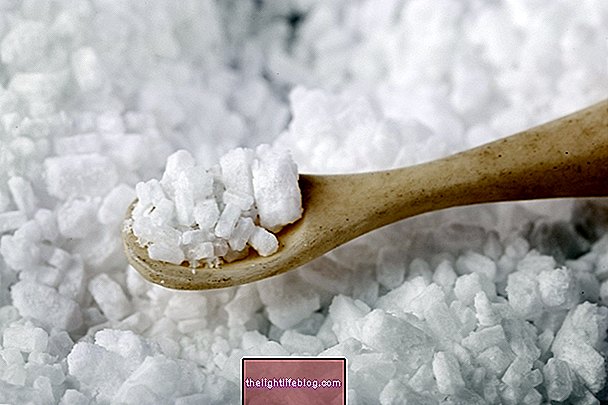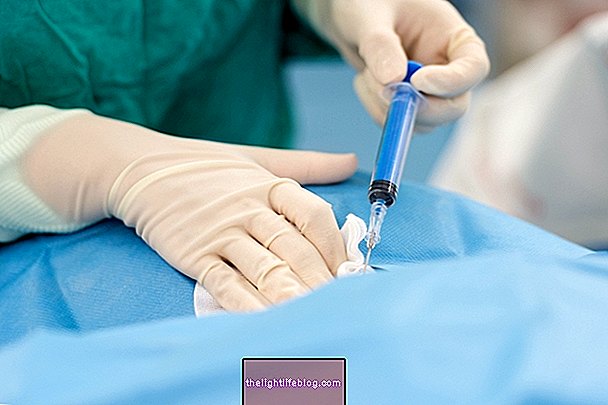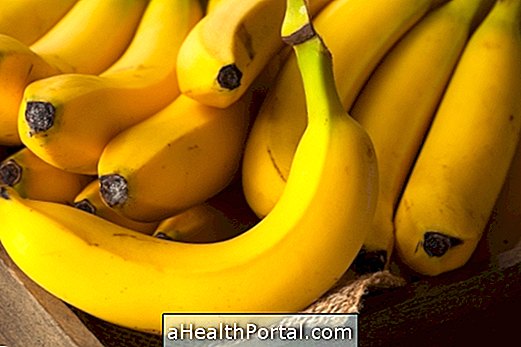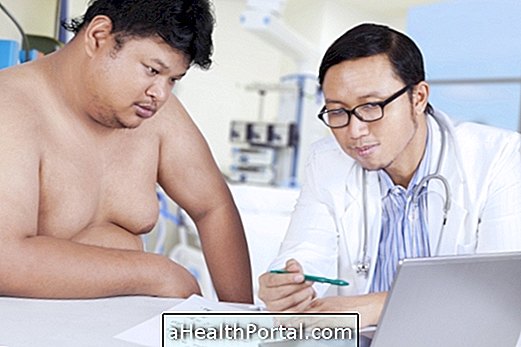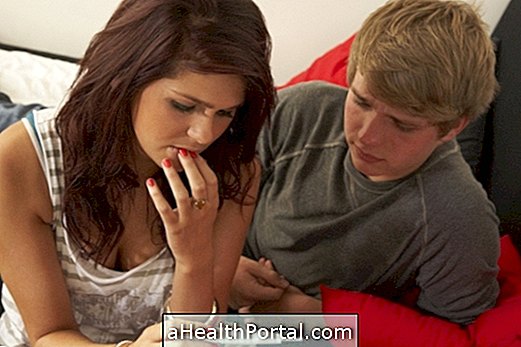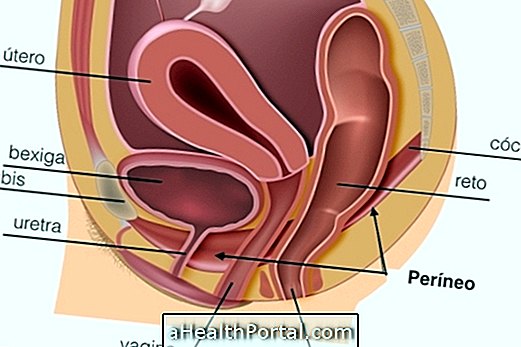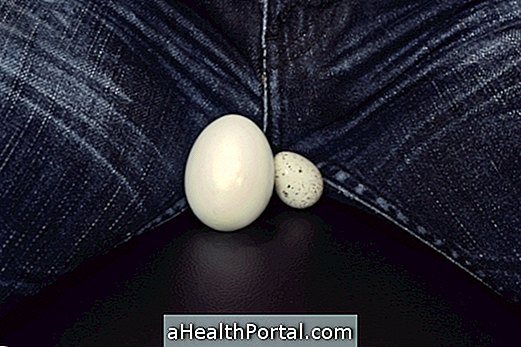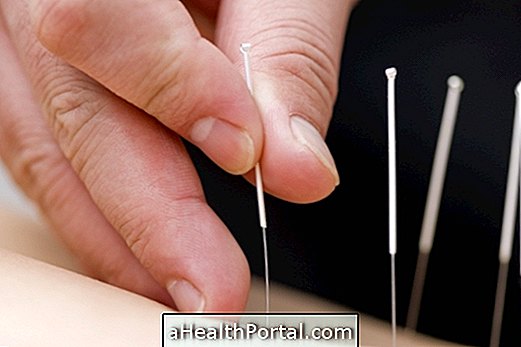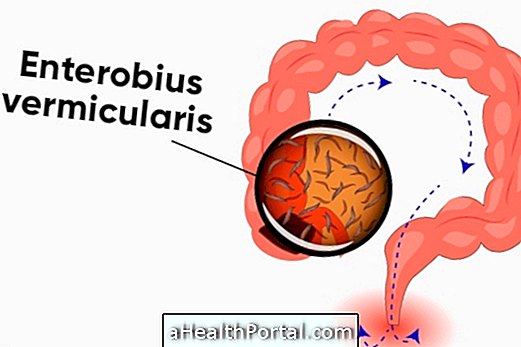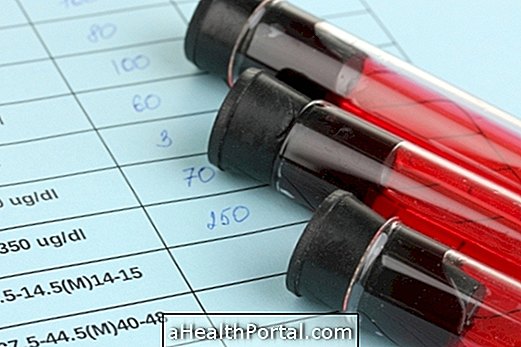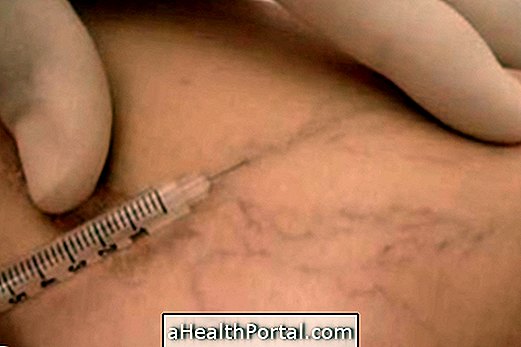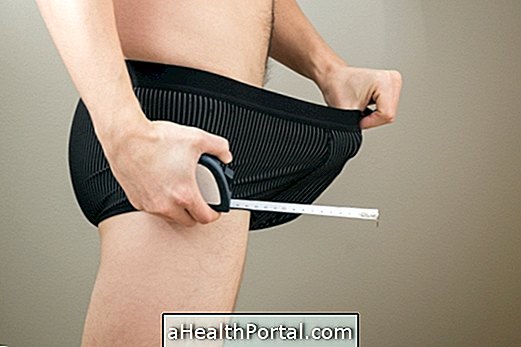Peritonitis is an inflammation of the peritoneum, which is a membrane that surrounds the abdominal cavity and lines the organs of the abdomen, forming a kind of sac. This complication usually results from an infection, rupture or severe inflammation of one of the organs in the abdomen, such as appendicitis or pancreatitis, for example.
Thus, there are numerous factors that can lead to the development of peritonitis, such as gastrointestinal diseases, injuries to the abdominal cavity or medical procedures that lead to infection or irritation of the peritoneum, causing signs and symptoms such as abdominal pain and tenderness, fever, vomiting or prison belly, for example.
The treatment of peritonitis is indicated by the doctor and depends on its cause, but it is usually done with antibiotics and stabilization in the hospital, and surgery may also be indicated.

What are the signs and symptoms
The main symptom of peritonitis is abdominal pain and tenderness, which usually worsens when performing movements or when pressing on the region, for example. Other common signs and symptoms that may occur are distention of the abdomen, fever, nausea and vomiting, loss of appetite, diarrhea, decreased amount of urine, thirst and stopping the elimination of feces and gases.
To confirm the diagnosis of peritonitis, the doctor can make a clinical evaluation that reveals typical signs of the disease, with palpation of the abdomen or ask the patient to stay in a certain position.In addition, blood tests that evaluate for infections and inflammations, as well as imaging tests such as radiography, ultrasound or tomography may be ordered.
Possible causes
There are numerous causes of peritonitis. However, here are some of the most common ones:
1. Appendicitis
Appendicitis is one of the main causes of peritonitis, as the inflammation that occurs in the appendix can extend through the abdominal cavity and reach the peritoneum, especially when it is not quickly treated and presents complications such as rupture or abscess formation. Know how to recognize when abdominal pain may be appendicitis.
2. Inflammation of the gallbladder
Also called cholecystitis, it usually happens when a gall bladder causes obstruction of the bile duct and then inflammation of this organ. This inflammation must be treated promptly by the doctor, which includes performing surgery and using antibiotics.
If not properly treated, the inflammation of the gallbladder extends to other organs and the peritoneum, causing peritonitis and other complications such as abscesses, fistulas, risk of generalized infection.
3. Pancreatitis
Pancreatitis is an inflammation of the pancreas, which generates symptoms that usually include abdominal pain that radiates to the back, nausea and vomiting. If not treated properly, the inflammation can become severe and cause complications such as peritonitis, necrosis and abscess formation, putting the affected person's life at risk. See more about pancreatitis.
4. Lesions in the abdominal cavity
Abdominal organ injuries, whether due to ruptures, trauma injuries, complications after surgery or even inflammation are important causes of peritonitis. This is because the lesions can release irritating contents to the abdominal cavity, as well as causing contamination by bacteria.
5. Medical procedures
Medical procedures such as peritoneal dialysis, gastrointestinal surgeries, colonoscopies or endoscopies, can cause peritonitis due to complications that may arise, either due to perforations as well as contamination of the surgical material.

6. Paralytic ileus
It is a condition in which the intestine stops functioning and stops its peristaltic movements. This condition can arise after abdominal surgery or situations such as inflammation, bruising, side effects of certain medications.
Symptoms caused by paralytic ileus include loss of appetite, constipation, vomiting or even intestinal obstruction which in more severe cases can lead to perforation of the intestine, leading to the spread of bacteria that cause peritonitis. Learn more about this disease.
7. Diverticulitis
Diverticulitis consists of inflammation and infection of the diverticula, which are small folds or sacs that appear on the walls of the intestine, especially in the last portion of the colon, causing abdominal pain and tenderness especially in the lower left side, in addition to diarrhea or constipation. , nausea, vomiting, fever and chills.
Your treatment should be started quickly by the doctor, based on the use of antibiotics, pain relievers, changes in diet and hydration, in order to avoid worsening inflammation and the appearance of complications such as bleeding, formation of fistulas, abscesses, intestinal obstruction and the intestine itself. peritonitis. Read more on everything about diverticulitis.
How the treatment is done
The treatment of peritonitis depends on its cause, but it is always advisable to seek medical help as soon as possible so that treatment is started soon, in order to avoid complications.
Treatment is usually done with antibiotics to treat the infection and prevent the bacteria from spreading. At the same time, hospitalization is indicated where analgesics and anti-inflammatory drugs, fluids administered in the vein or oxygen are administered.
In addition, if these measures are not sufficient to treat the problem, it may be necessary to have surgery to resolve the cause of the inflammation, such as removal of the appendix, removal of an area of necrosis or drainage of an abscess, for example.
Was this information helpful?
Yes No
Your opinion is important! Write here how we can improve our text:
Any questions? Click here to be answered.
Email in which you want to receive a reply:
Check the confirmation email we sent you.
Your name:
Reason for visit:
--- Choose your reason --- DiseaseLive betterHelp another personGain knowledge
Are you a health professional?
NoMedicalPharmaceuticalsNurseNutritionistBiomedicalPhysiotherapistBeauticianOther
Bibliography
- COELHO, A.P.P.C. et al .. Differential diagnosis between spontaneous and secondary bacterial peritonitis. Rev Med Minas Gerais 2010; 20 (4 Suppl 2): S81-S83 81.
- Jan J. De Waele. What every intensivist should know about the treatment of peritonitis in the intensive care unit. Rev Bras Ter Intensiva. 2018; 30: 9-14.



